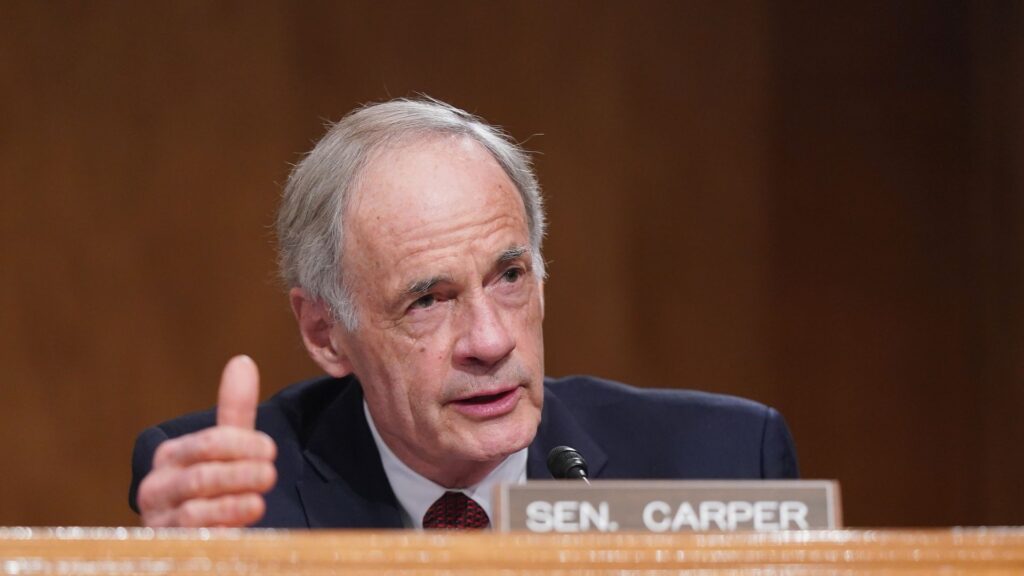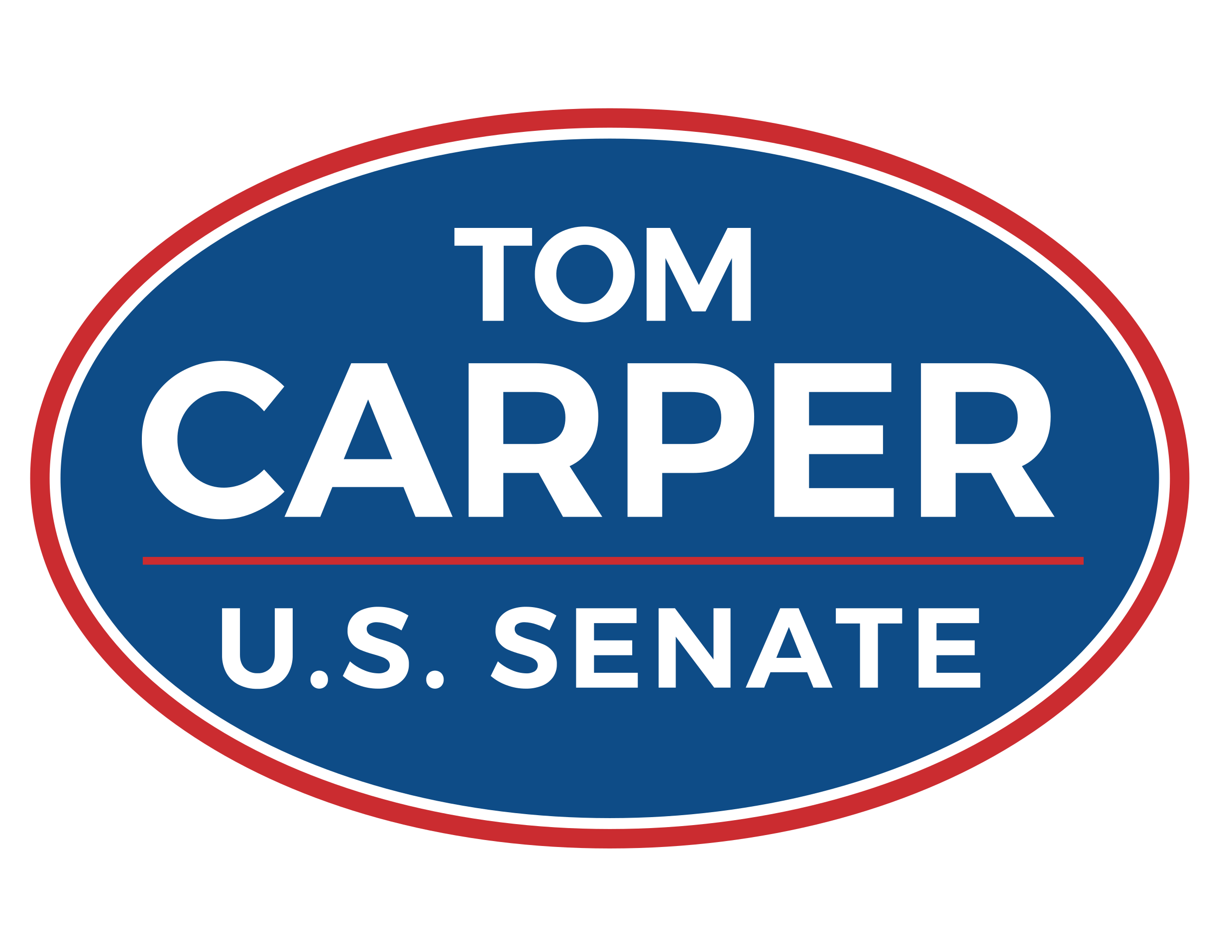AXIOS: Scoop: Biden, Carper to talk infrastructure at White House

President Biden will discuss his infrastructure proposal with Sen. Tom Carper (D-Del.), chairman of the Senate Environmental and Public Works Committee, during a meeting at the White House on Monday, two sources tell Axios.
Why it matters: This is a big week for Biden to advance his $2.3 trillion “American Jobs Plan.” Congress will return to the Capitol following a weeklong recess, and the focus of most conversations within the Capitol will be squarely on whether both parties can strike a bipartisan deal.
- The meeting also follows Friday’s disappointing jobs report, which left many lawmakers eager to make progress on a deal.
- Biden is expected to meet later this week with Sen. Shelley Moore Capito of West Virginia, the top Republican on the committee.
Behind the scenes: Carper is a Biden friend from Delaware and has been working closely with Capito and other Republicans on a separate transportation reauthorization bill.
- It’s aimed at tackling a lot of the traditional infrastructure the Republican Party favors — including improving and expanding roads, highways, bridges and ports.
- The funding bill, which is historically bipartisan and normally renewed every five years, is needed to ensure certain federally funded transportation projects remain open and operating.
- Last year, the Senate instead passed a one-year stopgap measure that will expire at the end of September.
Between the lines: Carper and other Democratic members see this bill as a realistic way to finding a compromise with Republicans on infrastructure, given the measure must pass and focuses on areas of overlap between the two parties.
- “Many top Democrats involved in the negotiations see the reauthorization as one way to pass a big chunk of what’s in Biden’s plan — the nuts and bolts of infrastructure,” one source familiar with the talks told Axios.
- Democrats also see some of these key provisions as being foundational for advancing climate goals, even if they don’t directly address the broader, more progressive climate priorities some members want.
